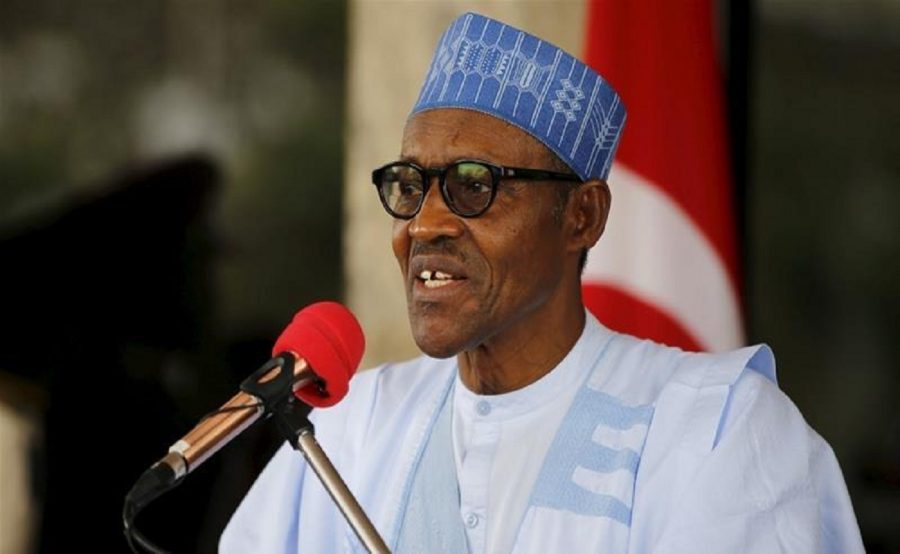President Muhammadu Buhari has confirmed how the implementation of the Treasury Single Account has helped the Federal Government in saving N24.7 billion per month.
The President while speaking at the opening of the e-Nigeria Conference in Abuja, said the contribution of the Information and Communications Technology sector to the nation’s Gross Domestic Product (GDP) had increased from 10 per cent in 2017 to 11.8 per cent by the second quarter of 2018.
The President said
“The enforcement of the policy on TSA, the Integrated Payroll and Personnel Information System and the Bank Verification Number and the impact they have made on the administration’s public financial management reforms cannot be overemphasised.
“In addition to the consolidation of accounts and elimination of ghost workers that resulted in a combined monthly savings of about N24.7 billion, the TSA facilitated the recovery of huge sums of money including the recent N1.6 billion from a single account.”
This revelation is coming after the Federal Government had commenced a new policy on the TSA where payers bear the cost of transactions. This made know by the Office of the Accountant General of the Federation, Ahmed Idris, disclosing that the Federal Government has within a period of two years incurred a total of N16 billion as transaction costs on the Treasury Single Account (TSA).
Nairametrics had also reported that Nigerians who use Remita to make payments into the TSA of the Federal Government would have to bear the costs associated with using the platform.
What you need to know about TSA
Treasury Single Account (TSA) is a financial policy in use in several countries all over the world. It was proposed and partially implemented by the Federal Government of Nigeria in 2012 under former president Jonathan’s Administration, and fully implemented by the President Buhari-led Administration to consolidate all inflows from all agencies of government into a single account at the Central Bank of Nigeria (CBN).
